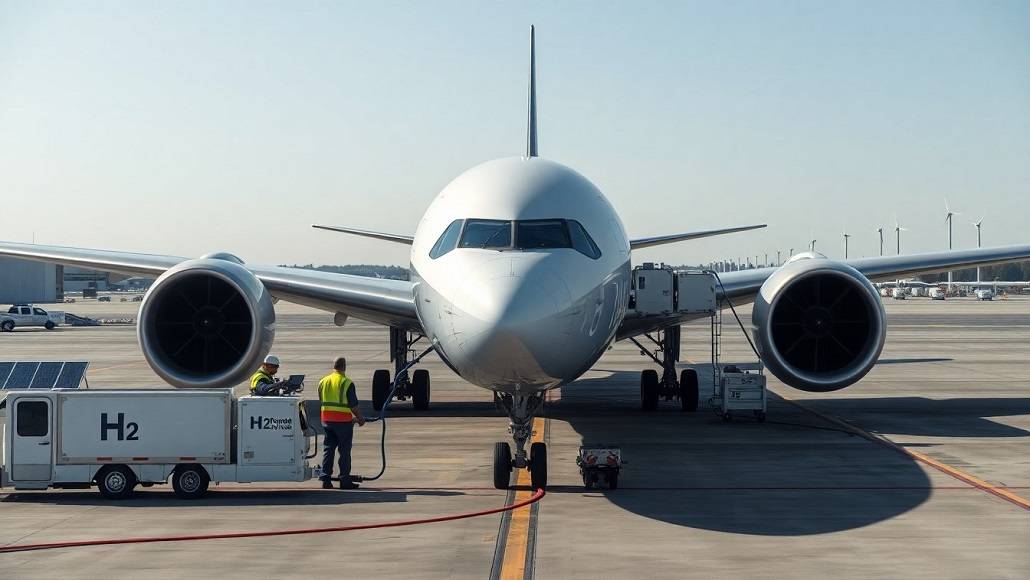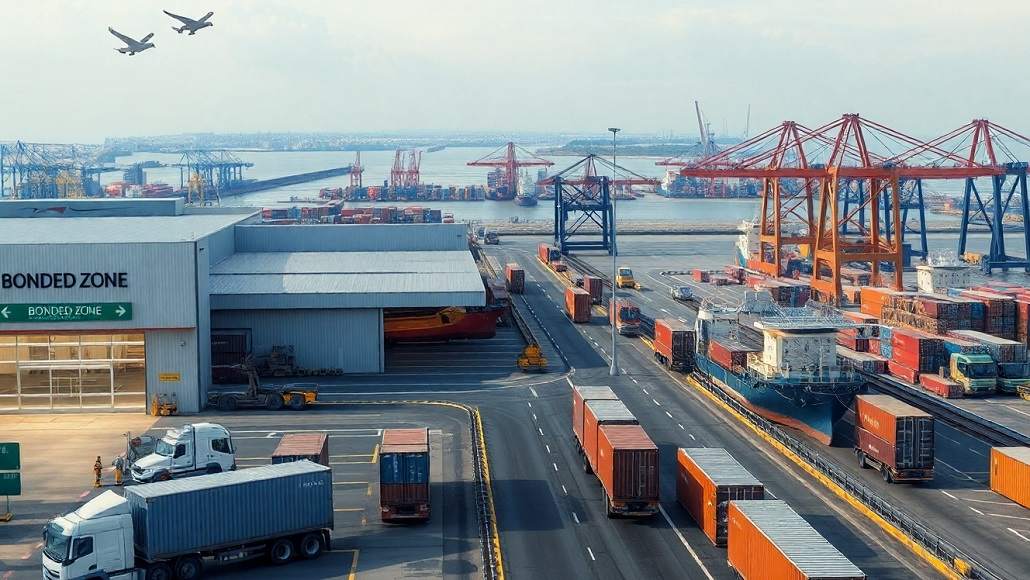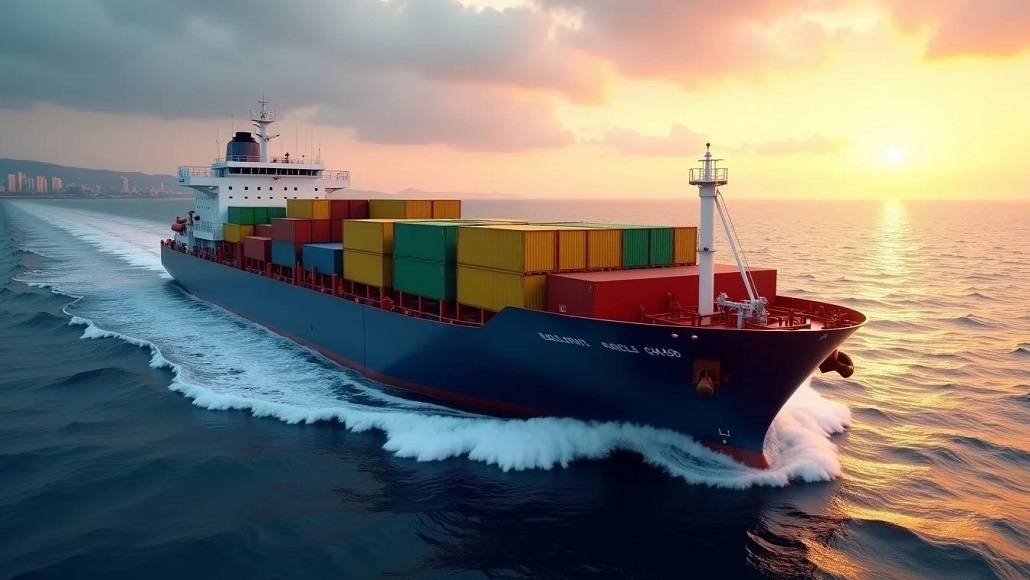Panamanian President José Raúl Mulino met with more than 40 senior representatives from major Japanese shipping companies, presenting his government’s renewed ship registry strategy.
In his remarks, President Mulino explained that the registry is entering a new phase, with stronger commitments to safety, modernised digitalisation and sustainability. He stressed that Panama’s registry is being positioned as the “flag of the future,” built on policies designed to strengthen maritime safety, improve operational efficiency and safeguard the environment.
Japan is central to this plan. Currently, seven out of ten Japanese shipowners operate under the Panamanian flag, and 41% of their tonnage is registered under Panama. With Japan producing the majority of vessels worldwide, accounting for 66% of global shipbuilding, Mulino emphasised the need for Panama to secure its position as the preferred registry.
He also pointed out that Panama’s flag differs from other registries, noting that it is not a franchise but a true national emblem, backed by the authority of the state. Alongside this, his administration intends to modernise the registry, aligning all maritime activity under a unified National Maritime Strategy and ensuring the Maritime Authority becomes more efficient, flexible and user-friendly, with particular attention to Japanese stakeholders.
Joining the President at the meeting were Luis Roquebert, Administrator of the Panama Maritime Authority (PMA), and Ramón Franco, Director of the Merchant Marine. Roquebert highlighted Panama’s long maritime history and noted that the creation of the registry in the early 20th century, together with the Panama Canal, firmly established its role as a leader in global shipping. He also emphasised that the PMA offers integrated services in more than 50 countries and expressed gratitude to international partners and staff for their technical, legal and diplomatic support.
Franco presented “The Panamanian Ship Registry: Renewing Our Strategy for a New Era,” setting out the registry’s updated direction. He explained that the ship registry strategy is built on clear priorities: safer fleets with fewer accidents, complete digitalisation and streamlined processes, a younger and more modern fleet, rigorous inspections, and maintaining the confidence of global industry stakeholders.
He further noted that Panama is the first ship registry to implement compulsory traceability of ship-to-ship transfers. This measure forms part of a wider effort to gradually retire older vessels while aligning with the International Maritime Organization’s decarbonisation targets for 2050.
Franco reassured Japanese shipowners that Panama’s registry is backed by the strength of a stable country, with a solid financial system, special economic zones, foreign investment incentives, world-class logistics hubs and the vital Panama Canal.



























